The Elder Scrolls franchise is a lot bigger than you might think, with games dating back to 1994. In this time we’ve seen the release of 13 titles bearing the Elder Scrolls name, whether made by Todd Howard or not. There are many games to rank, so let’s get to it.
13-9. Elder Scrolls Legend, Adventures, and Travels
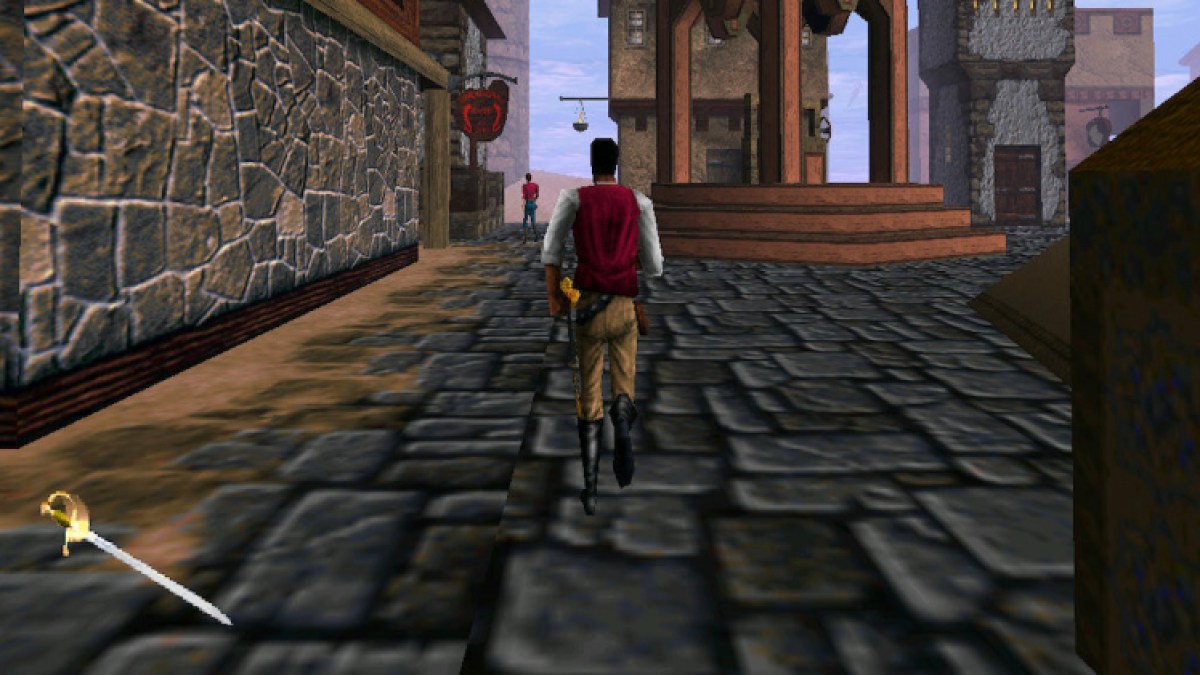
Image: Bethesda Game Studios
Instead of listing these games one at a time, I am going to unceremoniously put them all into the same ranking and level of the worst Elder Scrolls games.
- An Elder Scrolls Legend: Battlespire, 1997
- The Elder Scrolls Adventures: Redguard, 1998
- The Elder Scrolls Travels: Stormhold, 2003
- The Elder Scrolls Travels: Dawnstar, 2004
- The Elder Scrolls Travels: Shadowkey, 2004
To rank them individually wouldn’t be worth it. Each of these games is short and hasn’t aged well, graphically or mechanically. Sure, there are some solid story elements to be had in each game. Ultimately, they are the lowest the franchise has to offer. I’ll briefly go over the entries in this rank. All other games will be ranked individually.
Battlespire is a short game made for the MS-DOS operating system designed by Microsoft for x86-based personal computers. Again, the plot is short and shallow and is merely a battling simulator as you fight through seven levels. Compared to other games on this list, Battlespire is pretty basic, although it is only the third Elder Scrolls game released.
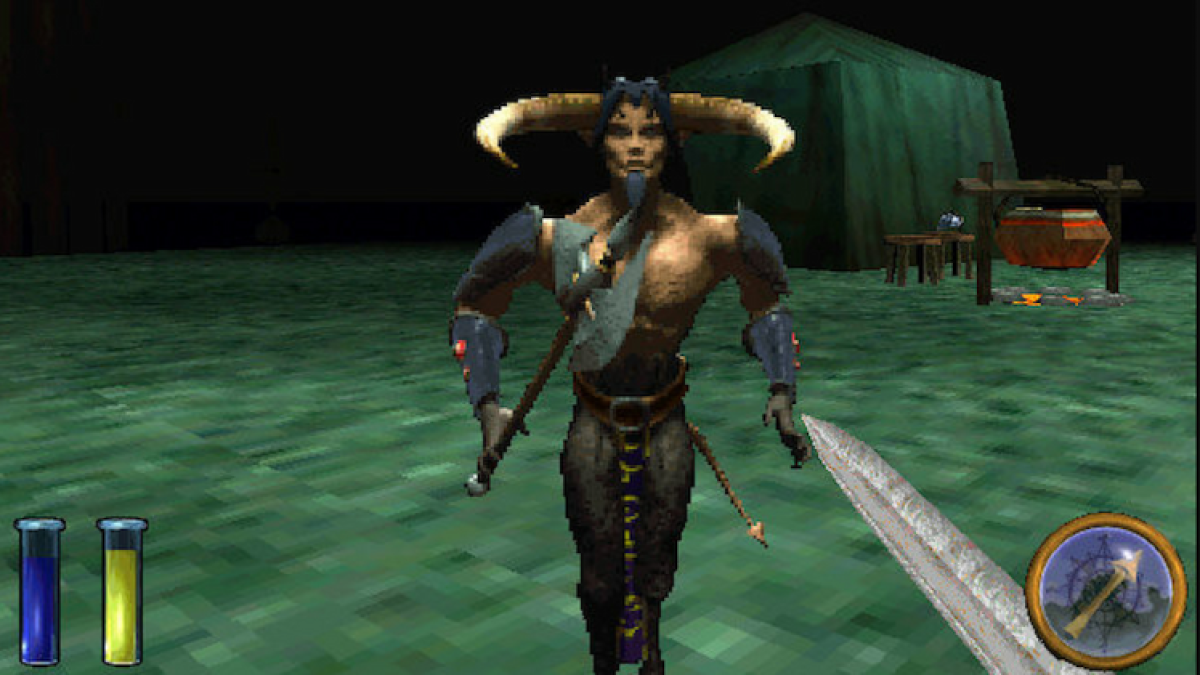
Image: Bethesda Game Studios
Redguard is like a bite-sized version of the later Elder Scrolls games. You have a predetermined character with predetermined skills. You have no choice in the character customization. Unlike the other games in this rank, Redguard is a free-roaming action-adventure game, although it didn’t do well for the company. If you want an open-world RPG, then there are so many better titles on this list.
Finally, the Travels series was made for portable devices like J2ME and BREW devices, which are simply archaic technology in this day and age. They were very short and were technologically scaled back to meet the strict demands of the under-powered portable devices it called home.

Screenshot: Camelworks and Bethesda Game Studios
Some nostalgic players may wish for these entries to be higher, especially those who dislike MMOs or mobile games. However, objectively, these games do not stand up to any of the others on this list, whether you like them or not. I’d probably enjoy Redguard more than Elder Scrolls Online, but you must admit, the MMO is technically the better game by a long shot.
8. Elder Scrolls: Arena
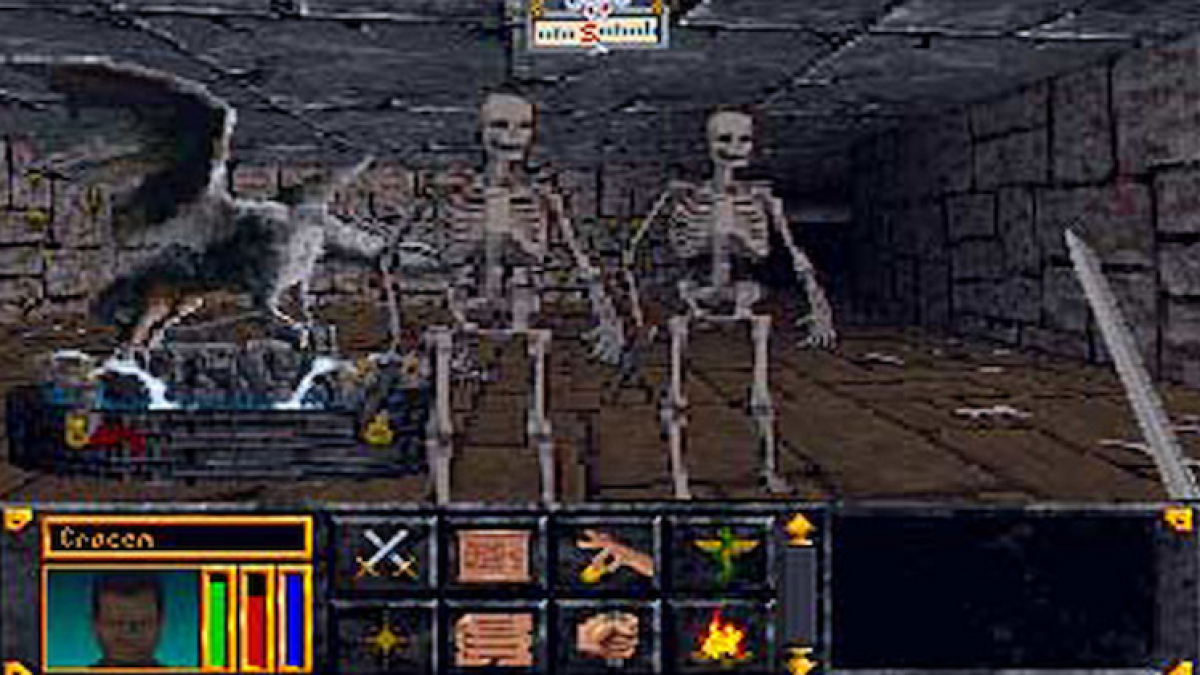
Elder Scrolls: Arena was the first Elder Scrolls game ever made, released way back in 1994. You may be expecting this game to be unplayable by today’s standards, but there’s still some fun to be had despite its old creaky bones. You’ll be surprised to see that Arena does have some redeemable traits, although it’s age can be felt.
I was surprised to learn that even Arena lets you make your own magic and spells, and that there is a class system, albeit rigid. Also, you’ll be coming into contact with the most powerful artifacts in the entire series.
However, that classic play-feel of old video games is, naturally, present everywhere, with obtuse systems, uninteresting and repetitive quest lines, and the same gameplay loop to enjoy over and over again. If you can’t tolerate older video games and aren’t a fan of constant dungeon crawling, then Arena won’t be for you.
Although it is free to play, so why not judge it for yourself?
7. Elder Scrolls II: Daggerfall
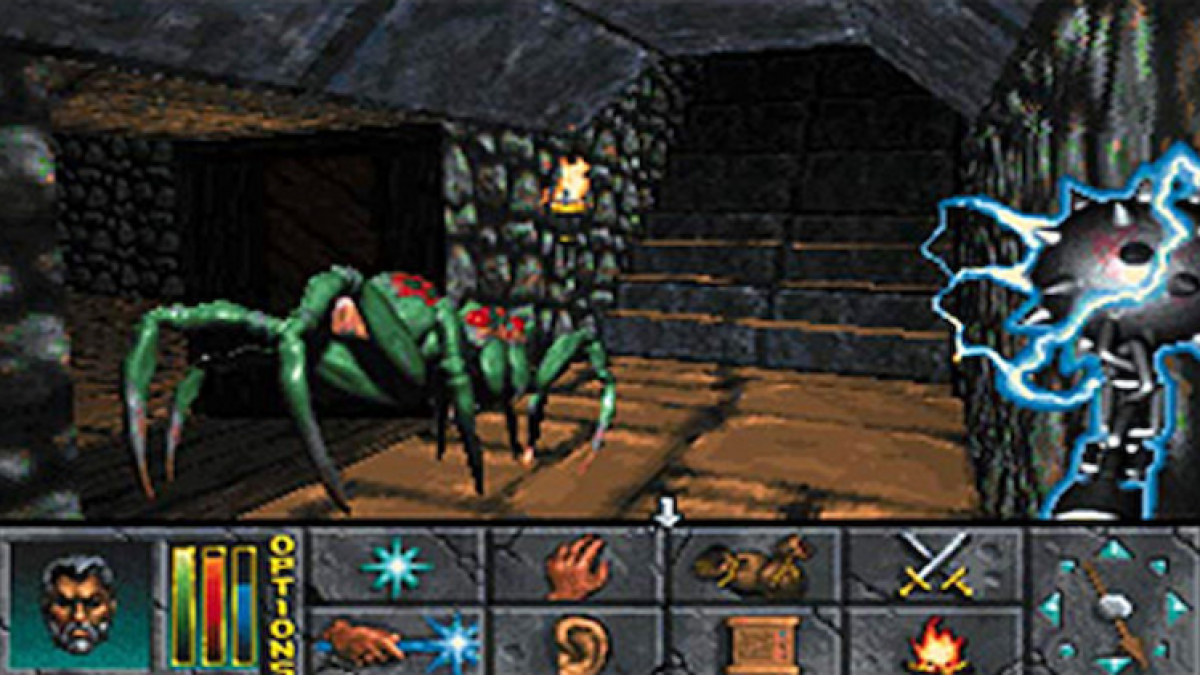
The Elder Scrolls II: Daggerfall, released in 1996, is the game that kicked off many of the features we’ve come to love in more modern Elder Scrolls games. It doesn’t feel right placing it so low in the rankings, however, the only reason people still play this game is due to the Unity mod that rids it of the horrendous elements that make the game slow, frustrating, and vapid.
In Daggerfall, you get to visit all of Tamriel, however the meat of the game is the dungeon diving. Even though it’s lots of fun to go from town to town and explore, the meat of the game is in the endless procedurally generated dungeons that are obtuse and shallow.
However, there is a shocking amount to do in Daggerfall. What’s more, is that quests and landscapes are all procedurally generated. This does result in impossible quests, but it’s sheer size and scope is astounding. It’s ambitious for its time and even by today’s standards.
Unfortunately, Daggerfall, without the Unity mod doesn’t live up to the “lost gem” title that I keep seeing. It is, however, now free to play, so why not give it a go? Just make sure to install the Unity mod first.
6. Elder Scrolls Legends
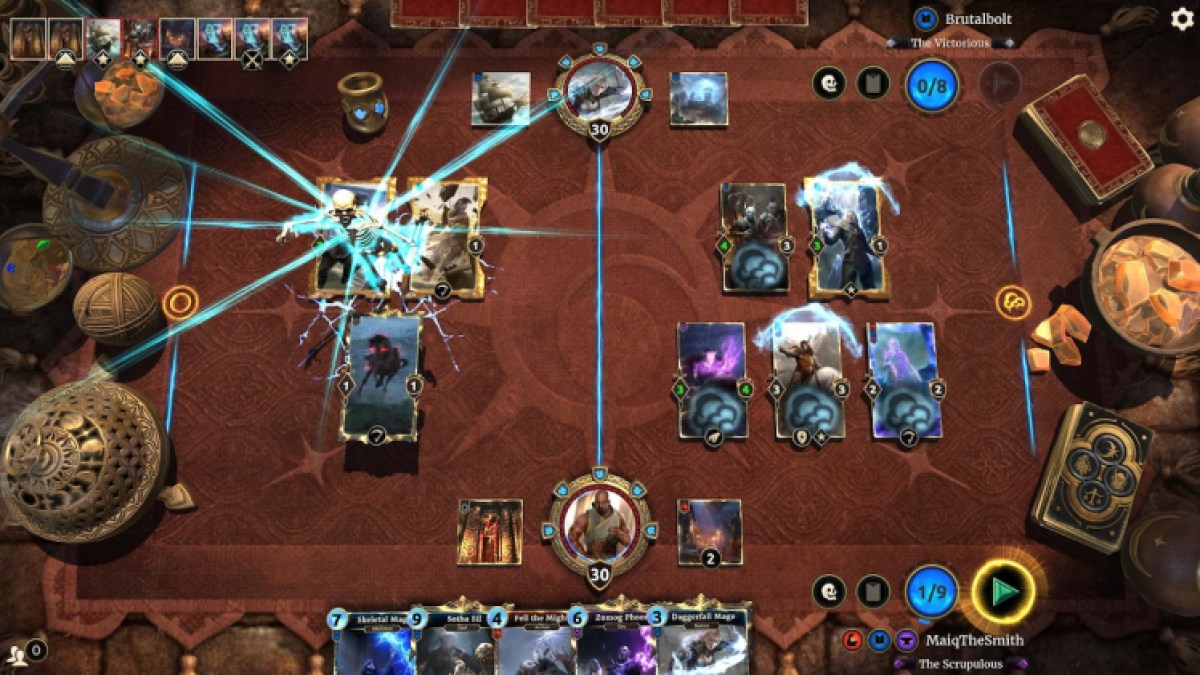
Trying to fit Elder Scrolls Legends (2017) into this list is a little difficult, considering it’s a card game, a world apart from all the other entries. Although I don’t typically enjoy digital card games like this, Elder Scrolls Legends is not that bad.
All the themes and dressings aside, the card game mechanics are decent and go the unconventional route by allowing cards to attack either the opponent or enemy cards in their lane. Also, the sheer number of cards in this game is staggering. I can’t find a solid number online, but there are certainly thousands that stretch from all across the lore of the franchise.
With near-limitless deck possibilities and tight and expansive synergies between cards and card types, the mechanics of this game are desirable and enjoyable. It’s also free to play and comes with story campaigns and puzzles as well as player battles.
Although it’s ranked quite low, that’s because a mere card game will never stand to the other games. It is still pretty good, and I’d recommend everyone to give it a try.
5. Elder Scrolls Blades
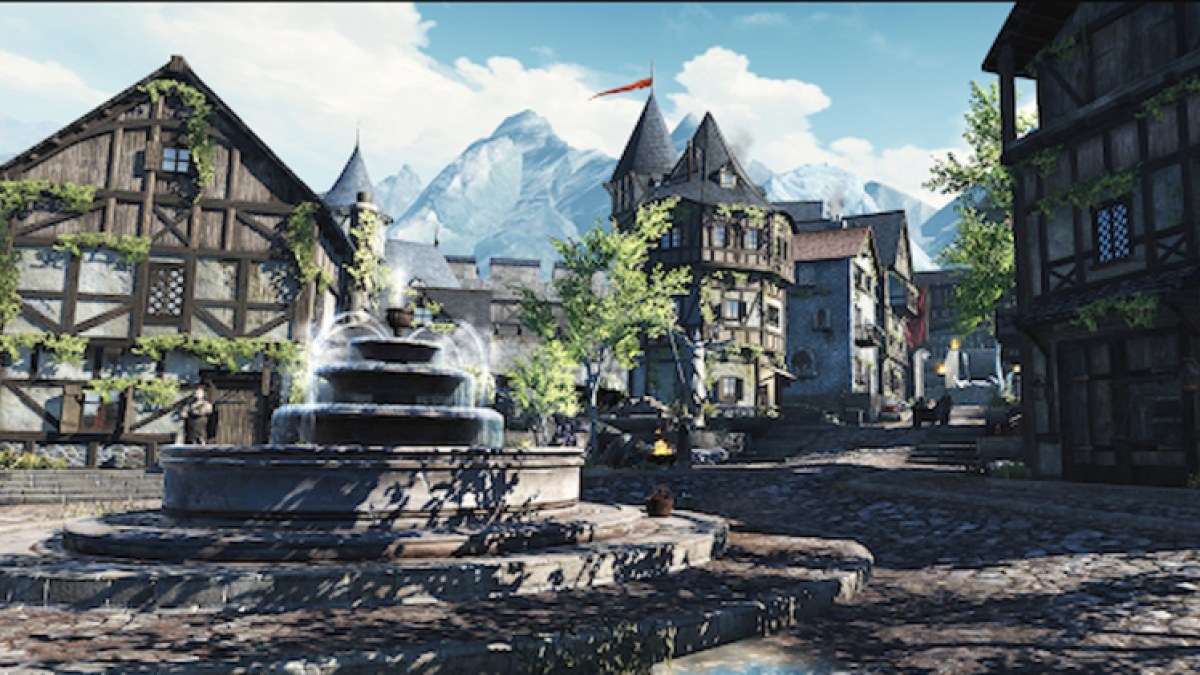
Elder Scrolls Blades is a free-to-play mobile game that was released in 2020. It may be controversial to rank it above other entries as mobile gaming leaves a sour taste in most gamers’ mouths, but Blades is a pretty strong game. Yes, microtransactions are a pain, but in my somewhat extensive playtime, I haven’t needed to buy anything.
The story is decent with plenty of side quests, and there are different types of missions to go on with vastly different settings. The combat is rather basic (and not ‘cutting-edge’ as Bethesda would want you to believe), there’s a skill tree and a good diversity in enemy types. It’s also fun to see the city grow as you construct new buildings and upgrade existing ones.
If there is a pay-to-win wall, but it hits deep enough into the game that your interest may have sizzled before you get there.
Blades isn’t the most exciting, doesn’t have the best story, and leaves a lot to be desired. I have been playing Blades for a while before writing this article, and I’ve enjoyed my playtime considerably. It’ll be worth giving it a try, although don’t expect the same quality as the other mainline Elder Scrolls entries.
4. Elder Scrolls Online
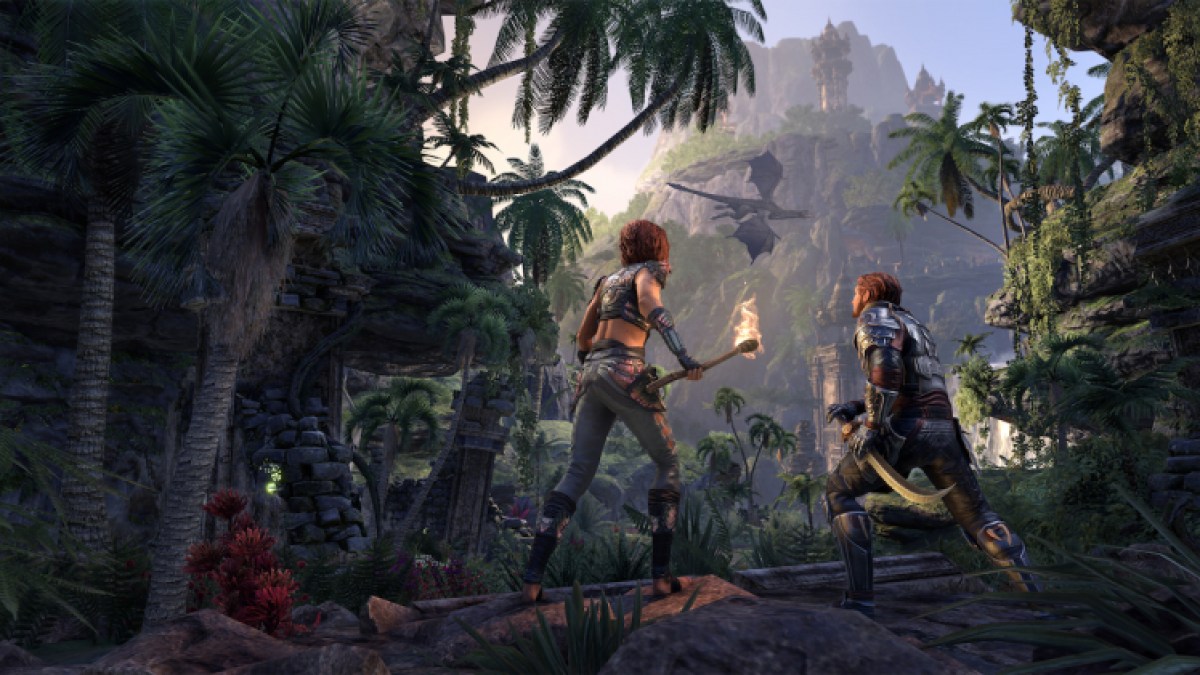
Let me start by saying that no, I don’t overly enjoy Elder Scrolls Online (2014). However, objectively, it is a pretty good game, even if it does feel like watching a sitcom: easy to digest, easy to binge, and not too thought-provoking.
Whether you like it or hate it, ESO is an objectively solid MMO with plenty to do and see. Getting to travel to so much of Tamriel is a dream come true for many. I find the action and questing rather boring, it’s certainly not terrible, and there is plenty of cool loot and interesting characters to come across.
Visiting familiar locations was exciting, I must admit, and discovering new regions came with its own allure. The combat is fairly good, and some creatures are truly challenging and best combated with a team. The variety of weapons and armor is, naturally, another attraction to die-hard fans of the series.
It won’t be for everyone, but it’s one of the better MMOs I’ve played, even if I don’t particularly care for them.
3. Elder Scrolls IV: Oblivion
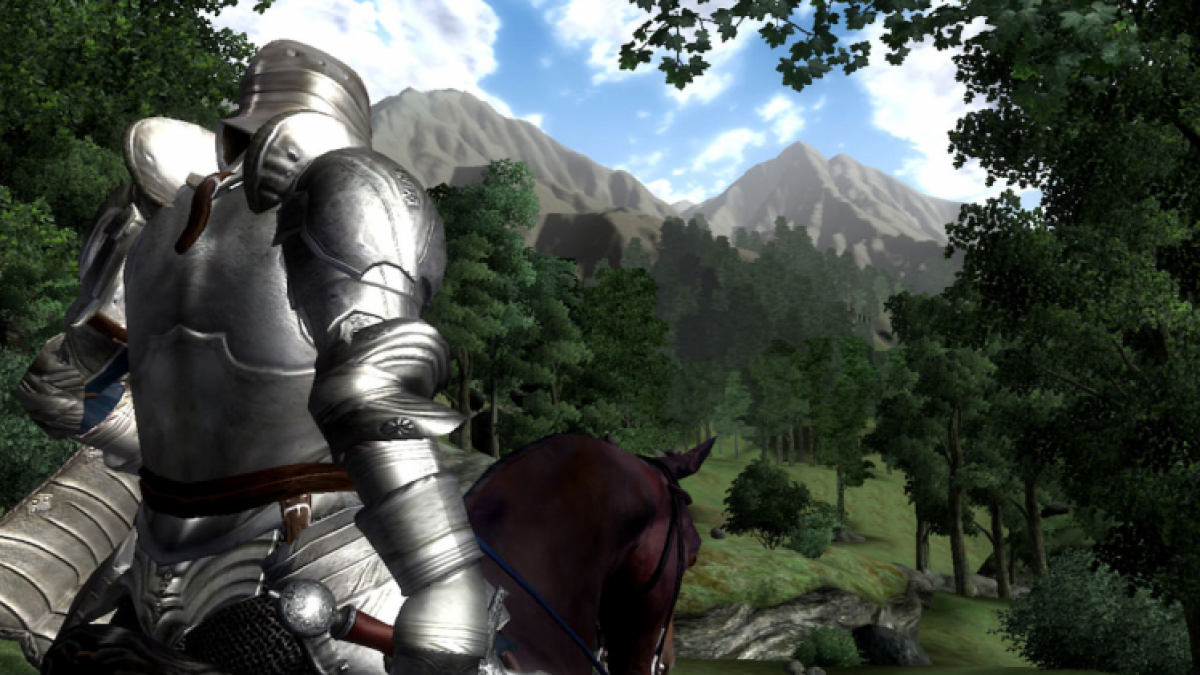
We have finally arrived at the big three, the latest games in the main-line Elder Scrolls series. Oblivion, released in 2006, gets third place.
Oblivion has the largest map out of the top three, as you explore Cyrodil, the capital city of Tamriel. The expansions only boost the playable map size considerably. However, it is also the most bland, as Cyrodil as a landscape has more in common with traditional Tolkein-inspired high-fantasy. Verdant forests and yellow pastures are in abundance, and there isn’t too much variation to the landscape to inspire the sense of awe and the allure of adventure like Skyrim and Morrowind.
Also, the questing and stories are (with some exceptions) less exciting and interesting than those of the other two. This isn’t to say the game is boring, but Skyrim and Morrowind are just that good.
Now, despite Oblivion scoring third place, it is still an excellent game that I’d recommend to everyone. The Shimmering Isles is one of the best DLCs in the franchise, and Oblivion has some of the best spell crafting out of any Elder Scrolls game.
You will not be disappointed.
2. Elder Scrolls V: Skyrim
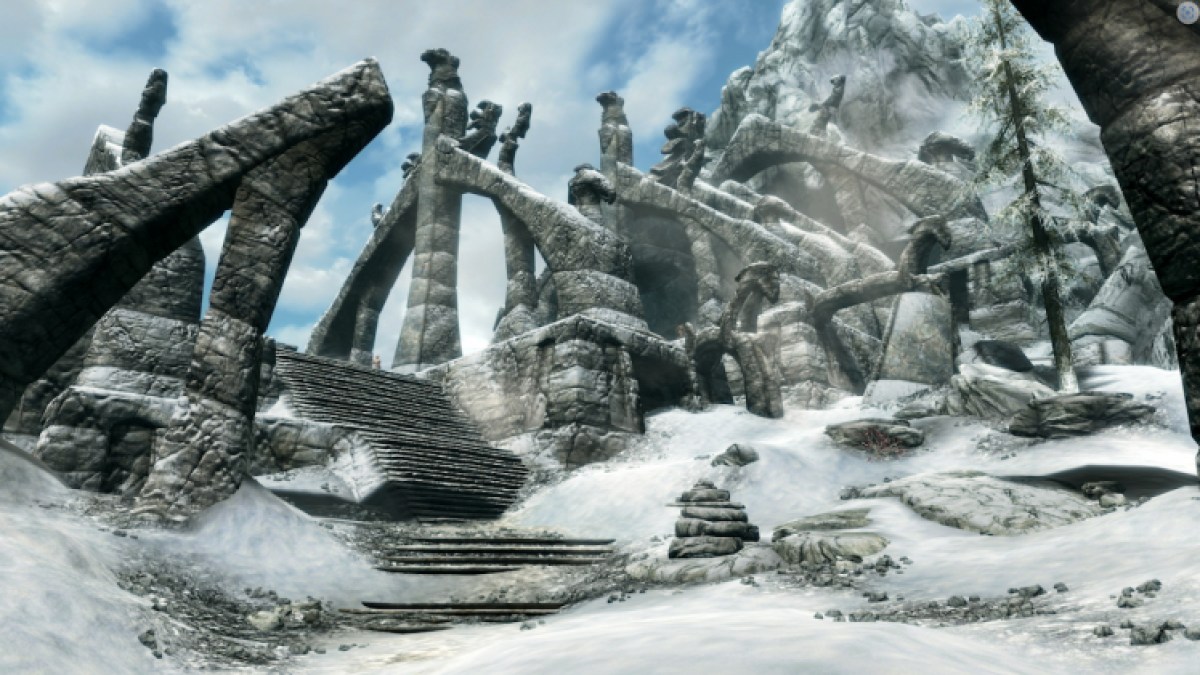
Here we arrive at the most recent entry into the main series of Elder Scrolls games. Skyrim, released in 2011 (and then released numerous more times), is certainly the most popular Elder Scrolls game. From the tall mountains to the wide marshes to the deep crypts and dungeons, Skyrim is bursting with content.
It would take me all day to list why Skyrim is so strong and dynamic. From interesting characters at every corner to engaging stories and diverse guilds. There is so much room for roleplay, and every location is brimming with adventure. It can feel overwhelming. But you can choose to ignore it all and treat Skyrim like a relaxing, scenic vacation that allows for deep, serene contemplation.
As much as I adore Skyrim and as much as it’s the Elder Scrolls game I’ve played the most, it doesn’t quite earn the top spot. Although it has incredible Shouts, the awesome spell crafting of the previous entries was scrapped for Skyrim. Also, guilds are less interesting and are very easy to dominate.
All storylines in Skyrim are surprisingly short, although it’s not too noticeable with how many there are to play. The vast majority of your choices don’t feel like they impact much in the grand scheme of things. Even after defeating Alduin and saving the world, it’s business as usual, which was a bit of a downer for me.
Skyrim isn’t as deep or as exciting to explore as Morrowind, which is taking the title as the greatest Elder Scrolls game. However, Skyrim is much more streamlined and has so much more to explore and uncover. Skyrim only just misses out on the top spot due to some technicalities, but it will go down as one of my all-time favorite games.
1. Elder Scrolls III: Morrowind
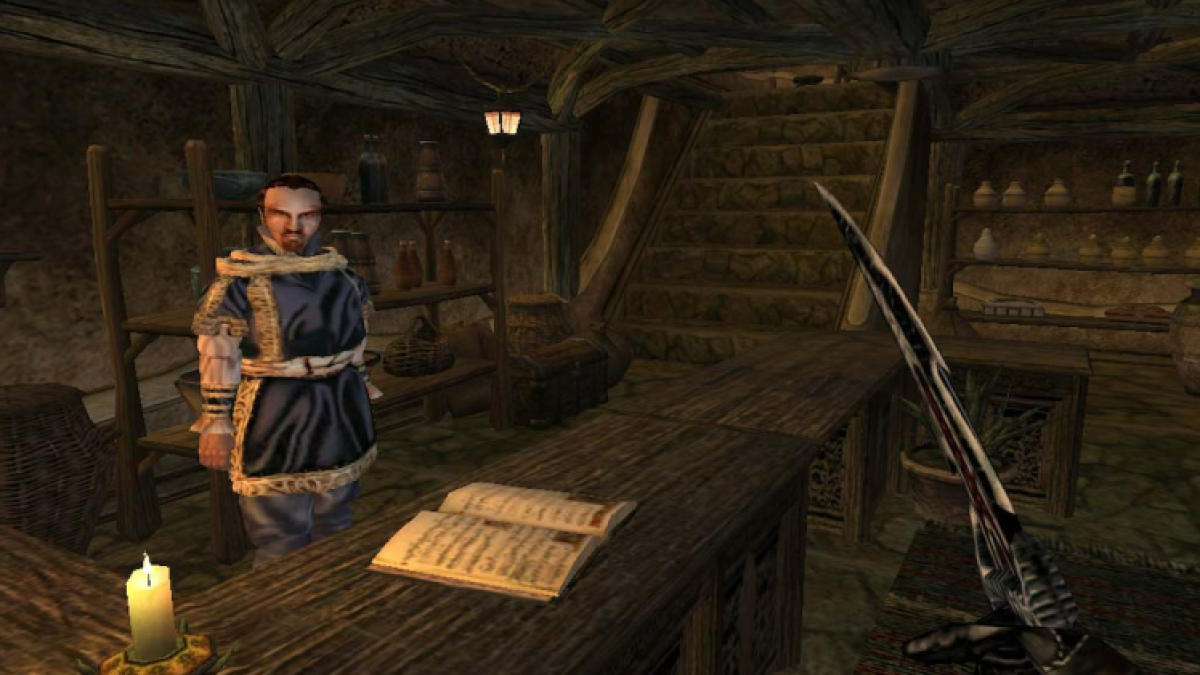
Morrowind, released in 2002, has the smallest map of the big three, has the worst graphics, and uses archaic RPG systems. And yet it has the most incredible world to discover and has a very enthralling and rewarding story.
Morrowind may scare off players with its old-school systems that are a world apart from Skyrim. If you can get past the long-retired mechanics, you’ll find an amazing game that may be an inch wide but feels limitlessly deep.
The cities in Morrowind are believably big and your choices seem to matter so much more than in any Elder Scrolls game before or since. The guild system is superb and makes the Skyrim guilds seem simple and overly streamlined.
Strange beasts and awesome spells make up for (almost) the constant point-blank misses you’ll be enduring at the start of the game. It certainly requires much more planning and much more thought to get through encounters and quests, something that I’m a sucker for, and is also why I think the first Witcher game is one of my favorite RPGs ever.
The weird and wonderful landscape is also always something to be beheld, which is fortunate considering you’ll be doing plenty of walking…
There we have it. The ranking of every single Elder Scrolls game. I’m gonna take a lie down now. Whilst I rest, why don’t you check out our review of Starfield, another Todd Howard game?

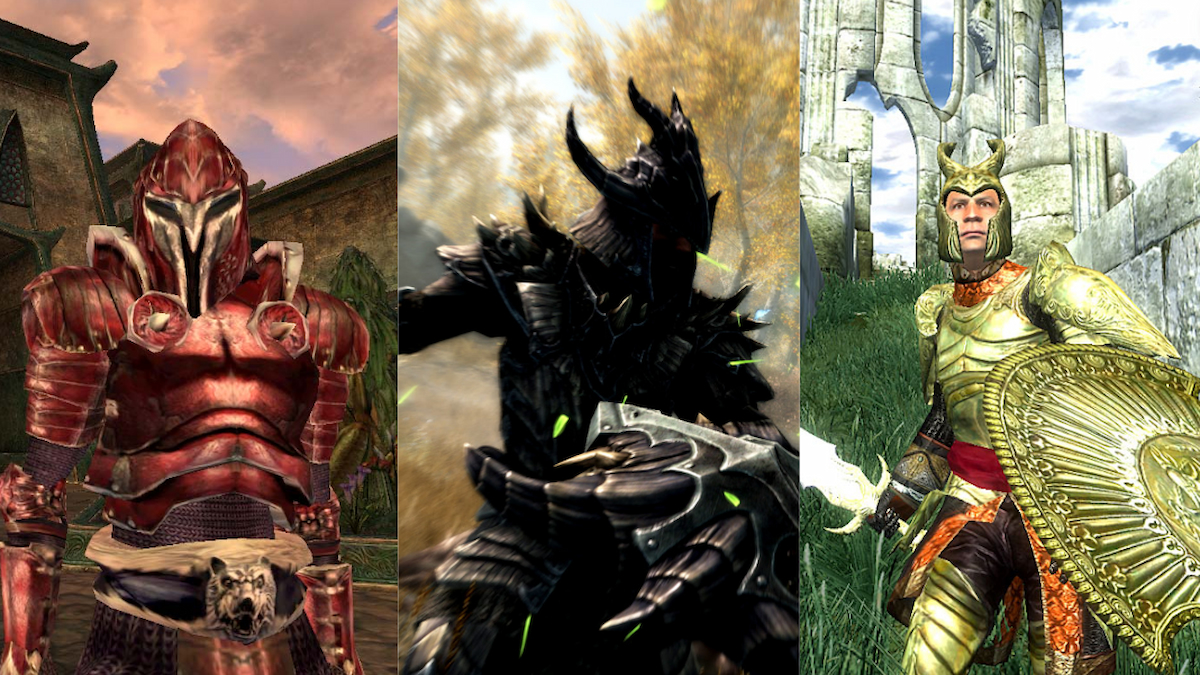



Published: Feb 12, 2024 01:53 pm